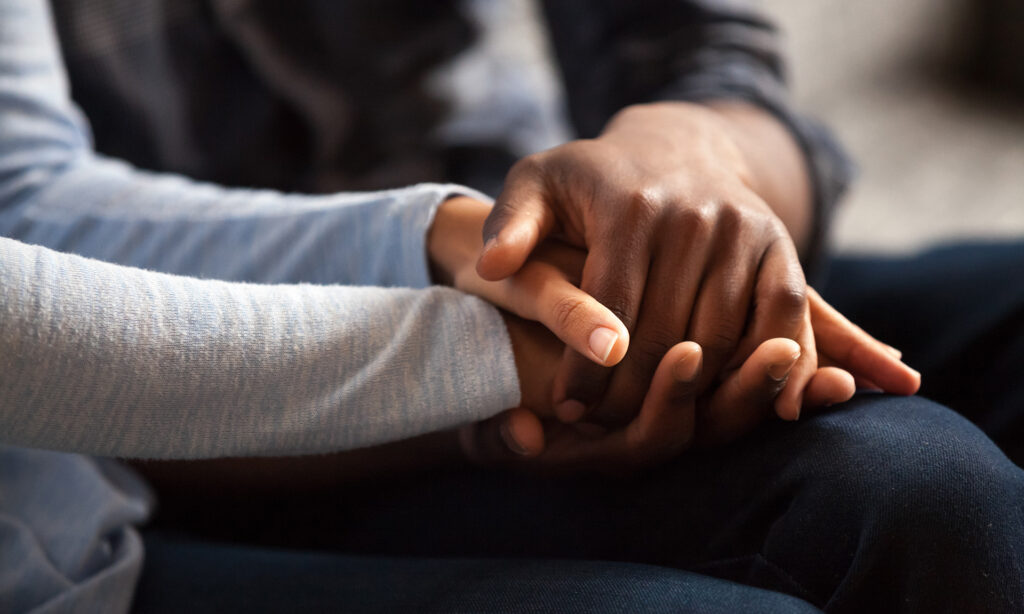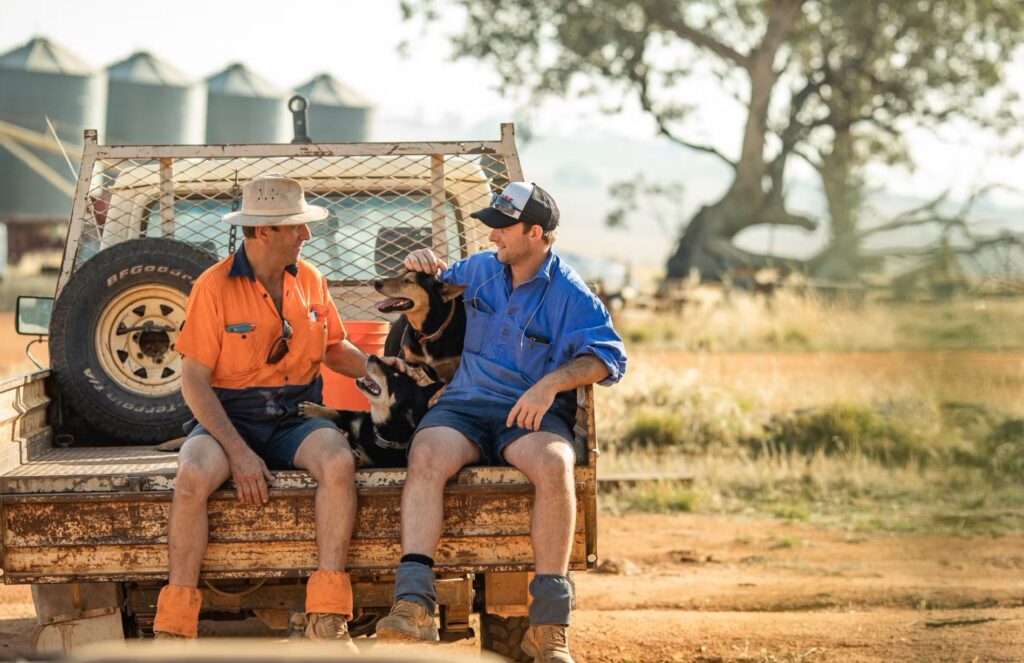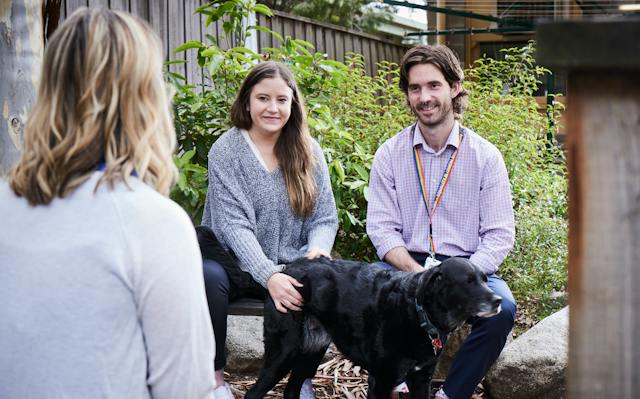Growing Hope offers information that can be used when you or someone you know needs support to stay safe. It includes suicide warning signs, practical steps you can take to protect yourself or your loved ones, tips for talking to young people and the importance of self-care.
Common signs of people needing support
Those who have had or are having thoughts of suicide talk about experiencing some or all of the following:
- An extreme sense of worthlessness or of being a burden on people.
- A sense of hopelessness, that things will never change or get better.
- Withdrawing from everyone, becoming isolated and alone.
- Thinking and talking frequently about death or about ending their life.
- Taking steps towards ending their life, such as giving away possessions, saying goodbye to people, finding ways and means to act on their thoughts (medication, weapons).
- Taking increasing risks, such as excessive alcohol and drug use, or putting themselves in potentially dangerous situations.
Noticing any of these signs in yourself or observing them in others means it is time to take action to stay safe.
If you are thinking about suicide
Reach out and tell someone you are not okay. It can be difficult to open up, but talking about what you are thinking and feeling can make a big difference.
There are many helpful services available in the community, at school, or through work. There are supports available to you when you are in crisis and others that focus on your ongoing wellbeing and recovery.
For many people, thoughts of suicide can occur throughout their life. For others, it may be a one-off experience. Learn how to recognise who and what you need when you are feeling this way and seek them out straight away.
It can feel like no one else understands, but many people have had thoughts about suicide or attempted suicide and survived. Taking the first steps to get help can sometimes be hard, but people do get through this and continue on to live happy and fulfilling lives.

Lifeline
Thoughts of suicide can be frightening, confusing and isolating. Lifeline is here to listen and support you.
Supporting a young person
As a parent or a friend it can be difficult to know how to support a young person who is in emotional pain and maybe thinking about suicide. It is important to reach out and try to understand how they feel.
Suicide prevention starts with recognising the warning signs and taking them seriously, talking to young people about what is going on for them and helping them seek professional support.
It is important to understand that a young person does not want to die, but for them, they may have run out of options as a way of managing pain, dealing with stressors, or feeling overwhelmed by life.
With the right supports however, they can often overcome these stressors and find ways to manage their worries and distress.
You will not put the thought in their head. Often talking about suicide sends a message that you have noticed they are not themselves and that you care. This also helps you understand what kind of support you need to provide.
Some direct ways to ask include:
- Are you feeling so sad at the moment you are thinking about taking your life?
- Are you having thoughts where you are wishing you were dead?
- Are you having thoughts about suicide?
Never promise to keep suicide a secret. Make sure you tell the person you care for them, but are unable to keep this secret. They may be angry, but they will thank you later.
Listen, avoid judgement and be patient
It can be hard to see and hear a young person in pain, but it is important that you listen and not judge. Their concerns may seem trivial to you, however remember this is how they feel. Judgement may lead to a young person shutting down. Don’t pressure people to share personal details before they’re ready, and take all of their concerns seriously. Be aware that whilst not intended, advice can be interpreted as criticism so avoid telling them what they should do, unless they ask.
Get professional help
Suicidal thoughts can be hard to manage alone, so it is important to help young people seek the professional support they need. This can be scary for them so you can assist by accompanying them to appointments, guiding them and encouraging them to seek professional support.
Look after yourself
Share the load with others such as friends and family. Connect with support services such as Lifeline or local services. Remember to do the things you enjoy to help you take time out from stressors and keep you connected with your community and own wellbeing.
If you are worried about someone
These 8 steps can help you support them

1. Act now
Do something to let that person know you care and want to support them. Ask if they would like some company, offer them a hug or hold their hand or simply be there with them.

2. Acknowledge your reactions
Learning someone close to you could be thinking about suicide can be scary. Your natural reaction may be panic, avoidance, or to look for a quick fix. Take some deep breaths, slow the situation, listen and plan.

3. Ask if they are thinking about suicide
This is a hard question to ask, but it may help them to know someone has noticed. Asking the ‘S’ question is the only way to know that thoughts of suicide is what you are dealing with.

4. Be there for them
Listen to what they are feeling. Spend time and let them know you care. In times like this you need to hear them, not try to fix it. Just being there and hearing their story is most important

5. Enquire about safety
Ask – Have you thought about how to kill yourself? Have you attempted suicide before? What support do you need to stay safe for now?
Do not leave the person alone – call Lifeline 13 11 14 for further guidance or 000 for an immediate response.

6. Decide what to do
Talk together about where to from here. Seek help from others such as a friend, family member, or a professional. Keeping them safe for now is the most important thing, until additional support can be sought.

7. Take action
Connect with a professional such as GP, counsellor, mental health service, priest, coach, crisis supports, emergency services. Offer to support the person to make and attend an appointment.

8. Look after yourself
Share the load with others such as friends and family. Connect with support services such as Lifeline or local services. Remember to take time out from stressors and stay connected with your community.
The Murrumbidgee Suicide Prevention Program is supported by funding from Murrumbidgee Primary Health Network through the Australian Government’s PHN program. While the Australian Government helped fund this resource, it has not reviewed the content and is not responsible for any injury, loss or damage arising from the use of or reliance on the information provided herein.
